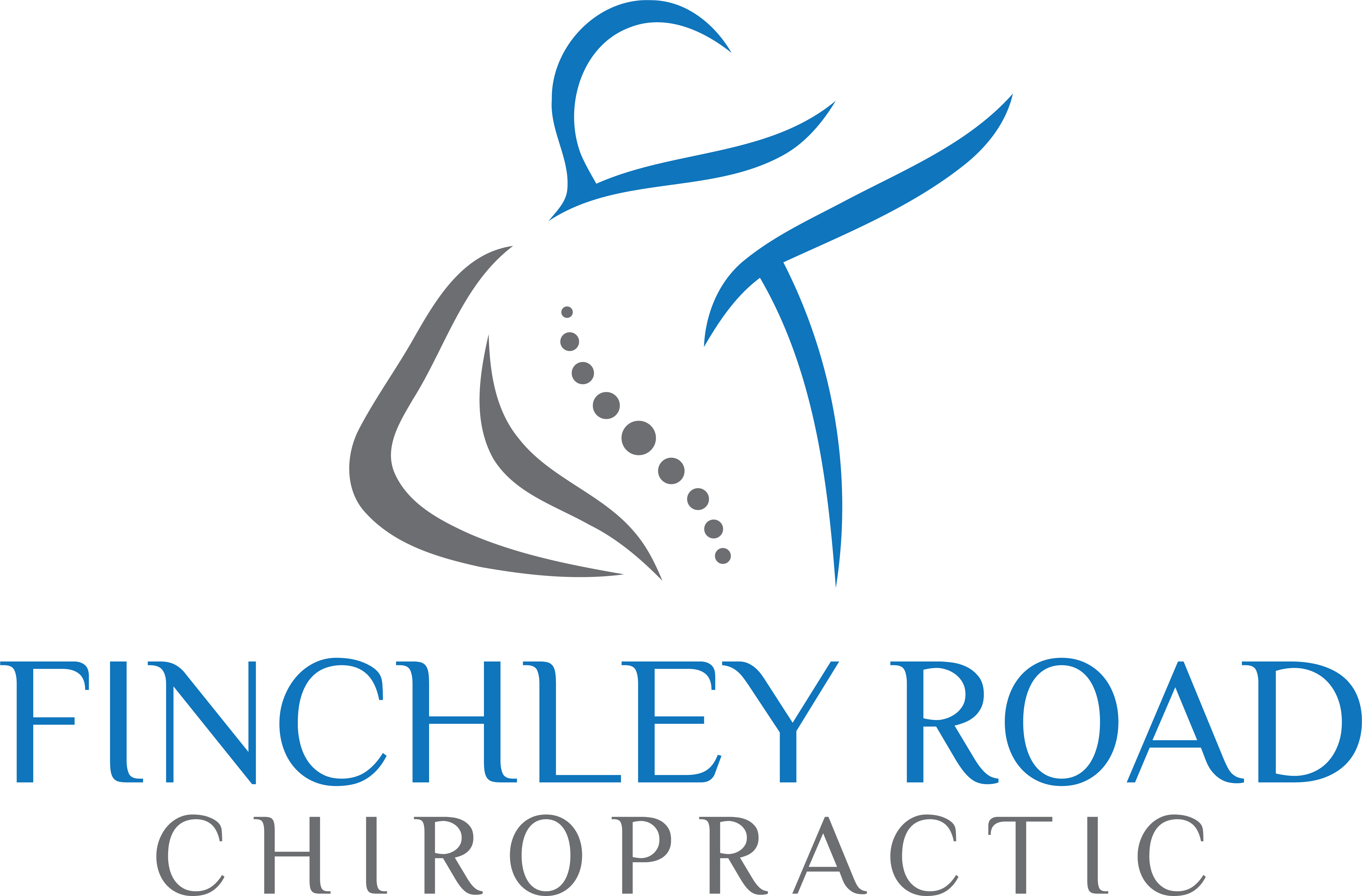Introduction
Welcome to our chiropractor’s website, a trusted source for information on spinal health and overall well-being. In this blog post, we’ll explore the often debilitating issue of pinched nerves, offering insights into the causes, symptoms, and the crucial role that chiropractic care plays in providing relief and promoting your overall health. Whether you’re a current patient or seeking valuable information on pinched nerves, we’re here to provide guidance and support.
What Is a Pinched Nerve?
A pinched nerve, also known as nerve compression or nerve entrapment, occurs when a nerve is compressed or damaged due to excessive pressure or constriction. This pressure can disrupt the nerve’s normal functioning, leading to a variety of symptoms that can range from mild discomfort to severe pain.
Common Causes of Pinched Nerves
Pinched nerves can occur anywhere in the body but are often associated with the spine and extremities. Some common causes include:
- Herniated Disc: The gel-like material within a spinal disc can leak out and compress a nearby nerve, causing pain and discomfort.
- Spinal Stenosis: Narrowing of the spinal canal can put pressure on the spinal cord or nerve roots, resulting in pain, numbness, or weakness.
- Arthritis: Conditions like osteoarthritis can cause bone spurs or swelling that presses on nearby nerves.
- Poor Posture: Maintaining an improper posture for an extended period can lead to nerve compression in the neck or back.
- Repetitive Movements: Engaging in repetitive activities or motions, such as typing or using a computer mouse, can lead to nerve compression in the wrists, causing carpal tunnel syndrome.
Symptoms of Pinched Nerves
Pinched nerves can manifest a wide range of symptoms, depending on the location and severity of the compression. Common symptoms include:
- Pain: The most common symptom is pain, which can be sharp, burning, or aching, depending on the nerve affected.
- Numbness: Numbness or a “pins and needles” sensation can occur in the area served by the pinched nerve.
- Weakness: Muscle weakness may develop, making it difficult to perform certain movements or activities.
- Tingling: A tingling or electric shock-like sensation may be experienced.
- Radiating Pain: In many cases, the pain may radiate from the site of compression to other parts of the body.
Chiropractic Care for Pinched Nerves
Chiropractic care is a natural, non-invasive approach to managing and relieving pinched nerves. Our chiropractors are specialists in diagnosing and treating musculoskeletal conditions, offering the following benefits to patients:
- Spinal Adjustments: Chiropractors use precise spinal adjustments to realign the spine, reducing pressure on nerves, alleviating inflammation, and promoting the body’s natural healing processes.
- Manual Therapy: Techniques such as massage, stretching, and joint mobilization can improve nerve mobility, reduce muscle tension, and alleviate pain associated with pinched nerves.
- Postural Evaluation: Chiropractors can identify and correct postural issues that may contribute to pinched nerves, offering guidance on maintaining proper posture.
- Lifestyle Recommendations: Our professionals can recommend lifestyle changes, including exercises and nutrition, to maintain a healthy spine and prevent future nerve compression.
Conclusion
Pinched nerves can significantly impact your daily life, causing pain, numbness, and weakness. Chiropractic care provides a holistic, non-invasive approach to managing and relieving pinched nerves without the need for medication or surgery. If you’re experiencing symptoms of a pinched nerve or are looking for ways to prevent them, don’t hesitate to reach out to us. Our experienced chiropractors are dedicated to guiding you on the path to a pain-free and healthy life. Contact us today to schedule an appointment and take the first step toward a life without nerve-related discomfort. Your body will thank you for it.
